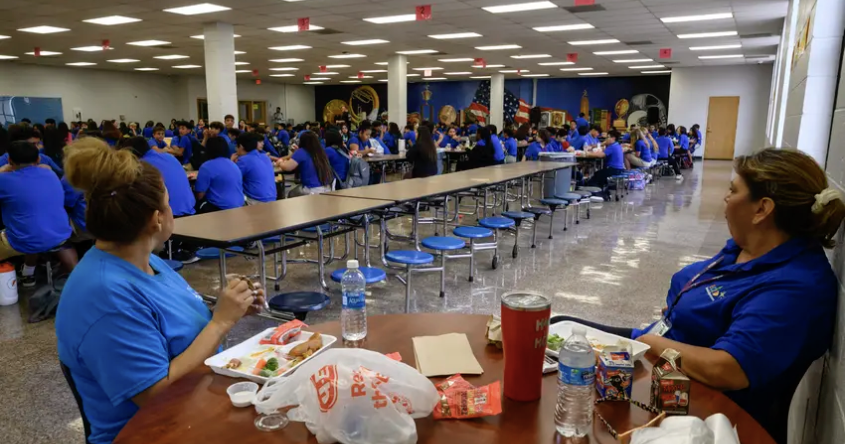
Texas is poised to introduce a significant initiative aimed at alleviating childhood food insecurity during the summer months. The proposed program, potentially set to launch in 2027, seeks to provide low-income families with 0 per child to support their nutritional needs when school meals are not available. This development follows the historical context of Texas’ involvement in similar federal assistance initiatives.
The Summer Electronic Benefits Transfer (Summer EBT) program was established in 2023 as an extension of programs implemented during the COVID-19 pandemic to address rising food inadequacies. Notably, Texas has not previously participated in the Summer EBT program, despite the increasing demands and extensive food insecurity challenges faced by many families across the state.
This new program is encapsulated within Texas’ recently approved 8 billion budget, which allocates an additional million to the Texas Health and Human Services Commission specifically for program administration. This budgetary commitment reflects an evolving acknowledgment of the urgent need to support low-income families in maintaining adequate nourishment during the summer break, a period when children typically lose access to free or reduced-price meals provided by schools.
The increasing focus on food security underscores the broader economic and social realities families face, particularly those with limited financial resources. According to data from the U.S. Department of Agriculture, food insecurity rates have reached alarming levels, significantly impacting children’s health and development. Programs like the proposed Summer EBT are critical in bridging the gap in food access, ensuring that children continue to receive necessary nutrition outside of the school year.
As Texas prepares to implement this measure, the community eagerly anticipates feedback and further developments related to this program. The introduction of Summer EBT is not only a step forward in alleviating immediate hunger but also a vital component in the ongoing dialogue surrounding public health and welfare policies. The effectiveness of this initiative will ultimately be measured by its ability to reach and support those most in need, ensuring a healthier and more equitable future for Texas’ most vulnerable populations as they navigate the challenges of summertime food scarcity.


